Fine Art Studios
This page will assist you with a list of potential class offerings for Fine Art Studio 3 (VART 3696) and Fine Art Studio 5 (VART 3698) under Bachelor of Arts (Fine Art) Hong Kong program in Semester 1.
(Note: There is a separate page for Workshop classes.)
You will only take one Fine Art Studio class in semester 1, but you need to list three (3) preferences. These Fine Art Studios will be for both second and third year students and will be offered under the following course codes:
Year 2: Fine Art Studio 3 (VART 3696)
Year 3: Fine Art Studio 5 (VART 3698)
These Fine Art Studio classes are 24 credit point courses and will require 6 contact hours per week plus associated learner directed hours.
The preferencing process will be communicated to you by Hong Kong Art School in due course.
For more information about a course, and/or to seek academic advice from your specialisation coordinator prior to deciding, please contact Hong Kong Art School.
IMPORTANT - PLEASE NOTE: You must not repeat any class in your preference lists. Every effort will be made to place you in your first preference classes. Selected classes would be offering in each year, please refer to class information provided by Hong Kong Art School for details. Although we would like to offer all of the options below, classes are subject to viability and may not run if numbers are too low.
Course Information
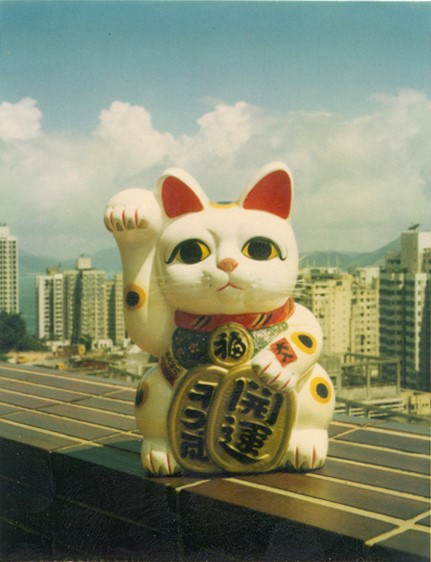
Edwin Lai, from the series "Twenty-five Originals", 1995 (Polaroid instant film)
Contextualising Imaging Practice, Research Project
In this course you will investigate the contributing influence of imaging technologies on the artistic, stylistic and conceptual production of fine art photo works. You will acquire a capacity to formulate and articulate a conceptual foundation for your practice, and to make appropriate decisions as to which mediums and presentation methods best translate your conceptual premise through a photographic practice. Print imaging technology, including photographic and digital processes will be explored to assist you in diversifying your options for fine photo work production. You will develop an understanding of the possibilities offered by photography and its position within contemporary art practice through visual research and experimentation, while continuing to refine your technical skills in order to produce a resolved body of artwork.
You will also deepen your analytical thinking and making skills to locate your studio practice within the broader context of fine art. In consultation with your lecturer, you will take responsibility for the determination of your program and will be encouraged to consider appropriate options for your arts practice.
This course is a self-directed learning program that establishes appropriate methods with photographic related technologies for developing visual projects. The course is designed to align the process of articulation and application of concepts and ideas to photography with related materials and methods of production. The course will cover health and safety issues in the studio, lab and workshop and its relationship to contemporary art practice.
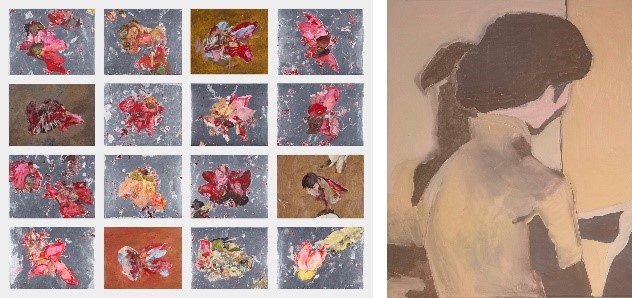
Left: Halley Cheng, Kapok Series, 2020
Right: Stephanie Sin, Engagement 0.1, 2019
Extended Studio Practices
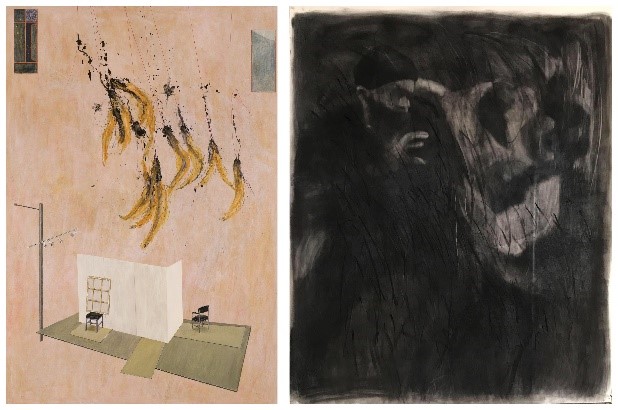
Left: Tsang Chui Mei, Time and consequence, 2005
Right: Louise Lee, Savagery: Black said, “ I hate Yellow”, 2021
Figuration and Transformation
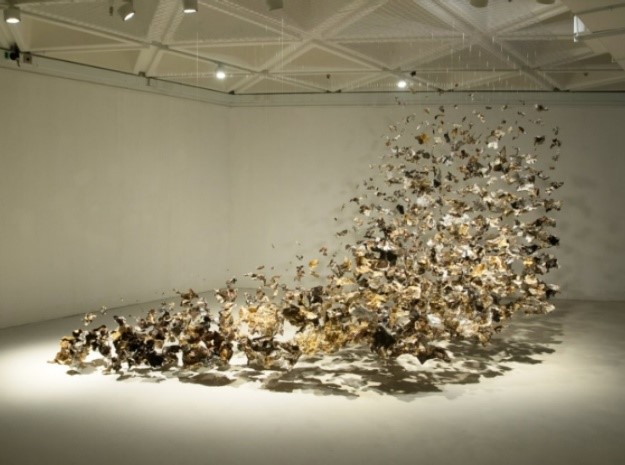
Matthew Tsang, Time drift, 2017 (Burnt aluminium foil)
Installation Art
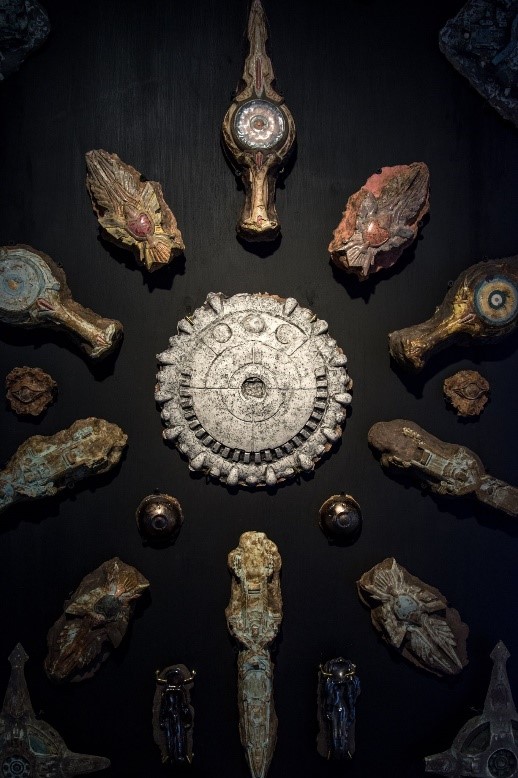
Benny To, TKOB-26-27YRS#ARCHAEOLOGY IN RPG (series), 2021
Making Ceramic History Present
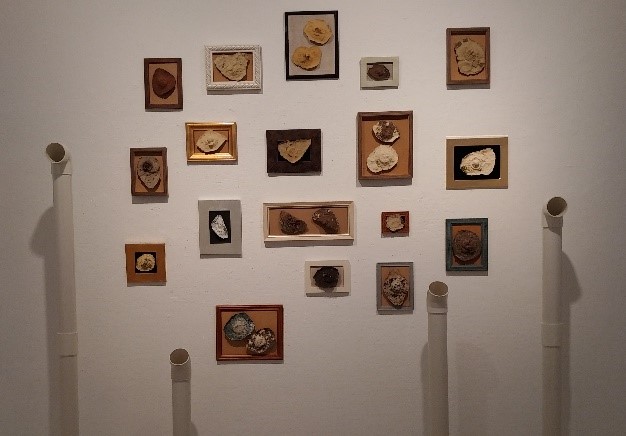
Cheryl Hung, Unfold, 2021
Object Making and Material Research Project
In this course you will initiate a body of artwork and related research. Through a series of specific projects. you will define, research, document and present an area of individual material practice. You will be encouraged to develop a personal aesthetic sensitivity in relation to your own artwork. The material knowledge from this research will then be transformed into a series of resolved artworks. you will undertake a semester long research project to produce a research archive as well as a body of ceramic objects that respond to this research. You will research an area of direct interest to you and your ceramic practice. This course will assist in developing your ability to conduct and document research that is integral to the ongoing practice in all creative disciplines.
[Recommend to Year 3 Ceramics students]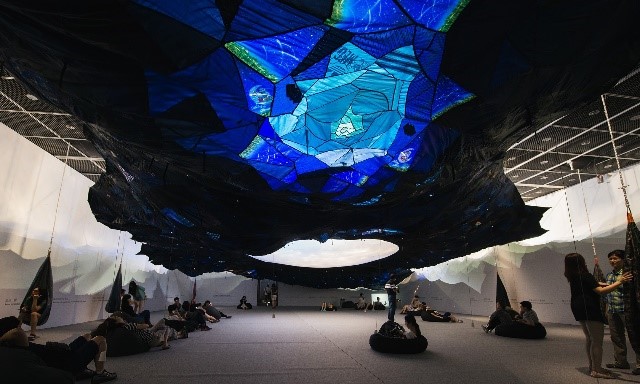
Jaffa Lam, Singing Under The Moon For Today And Tomorrow, 2015 (Recycled umbrella Fabric, Ceramic, Slides, Sound installation, collaboration work with workers from community and audience)
Sculpture in the Expanded Field
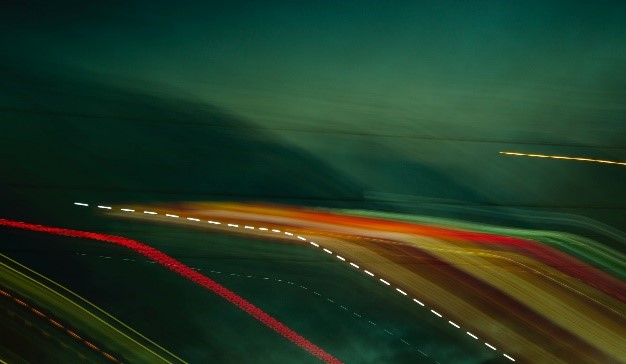
Photo credit Anton Maksimov